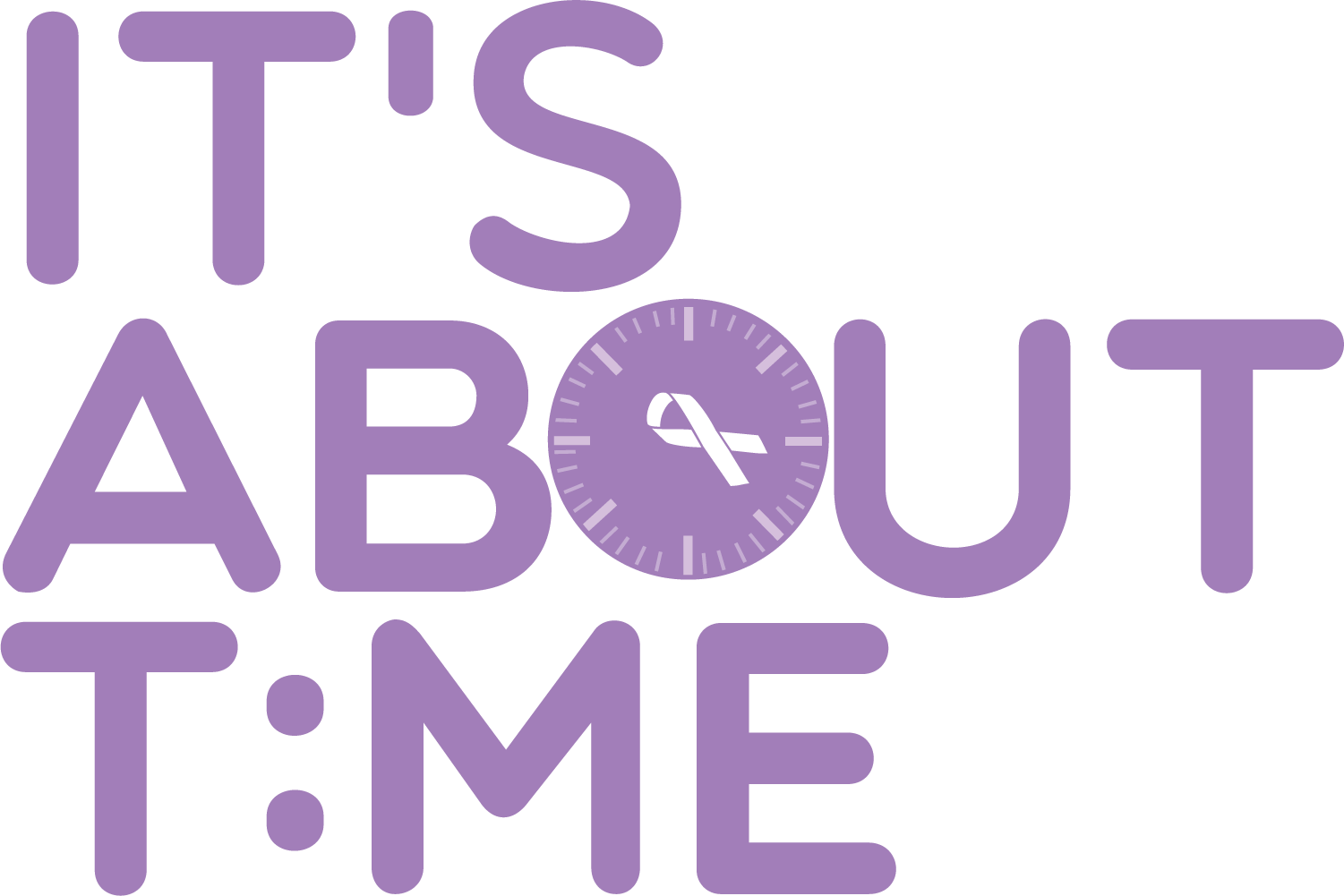Third of breast cancer patients treated unnecessarily, study says
One in three women with breast cancer detected by a mammogram is treated unnecessarily
One in three women with breast cancer detected by a mammogram is treated unnecessarily, because screening tests found tumors that are so slow-growing that they’re essentially harmless, according to a Danish study published Monday in Annals of Internal Medicine, which has renewed debate over the value of early detection.
The study raises the uncomfortable possibility that some women who believe their lives were saved by mammograms were actually harmed by cancer screenings that led to surgery, radiation and even chemotherapy that they didn’t need, said Dr. Otis Brawley, chief medical officer of the American Cancer Society, who wrote an accompanying editorial but was not involved in the study.
Researchers increasingly recognize that not all breast cancers pose the same risk, even if they look the same under a microscope, Brawley said. While some early tumors turn into deadly monsters, others stop growing or even shrink. But assuming that all small breast lesions have the potential to turn deadly is akin to “racial profiling,” Brawley wrote in his editorial.
“By treating all the cancers that we see, we are clearly saving some lives,” Brawley said in an interview. “But we’re also ‘curing’ some women who don’t need to be cured.”
Although experts such as Brawley have long discussed the risks posed by “overdiagnosis,” relatively few women who undergo cancer screenings are even aware of the debate.
The American College of Radiology, which strongly supports breast cancer screenings, acknowledges that mammograms lead some women to be treated unnecessarily, but said the problem is much less common than the new study suggests. Another study from Denmark — whose national health program keeps detailed records — estimated the overdiagnosis rates at only 2.3 percent.
“The amount of overdiagnosis really is small,” said Dr. Debra Monticciolo, chair of the American College of Radiology’s Commission on Breast Imaging. “Articles like this aren’t very helpful,” she said, because they leave women confused about how to be screened for breast cancer.
Yet treating women for cancer unnecessarily can endanger their health, said Fran Visco, president of the National Breast Cancer Coalition, an advocacy group. Radiation can damage the heart or even cause new cancers. Visco notes that breast cancer activist Carolina Hinestrosa, a vice president at the coalition, died at age 50 from soft-tissue sarcoma, a tumor caused by radiation used to treat an early breast cancer.
Women should understand these risks, Visco said. Instead, women often hear only about mammograms’ benefits.

